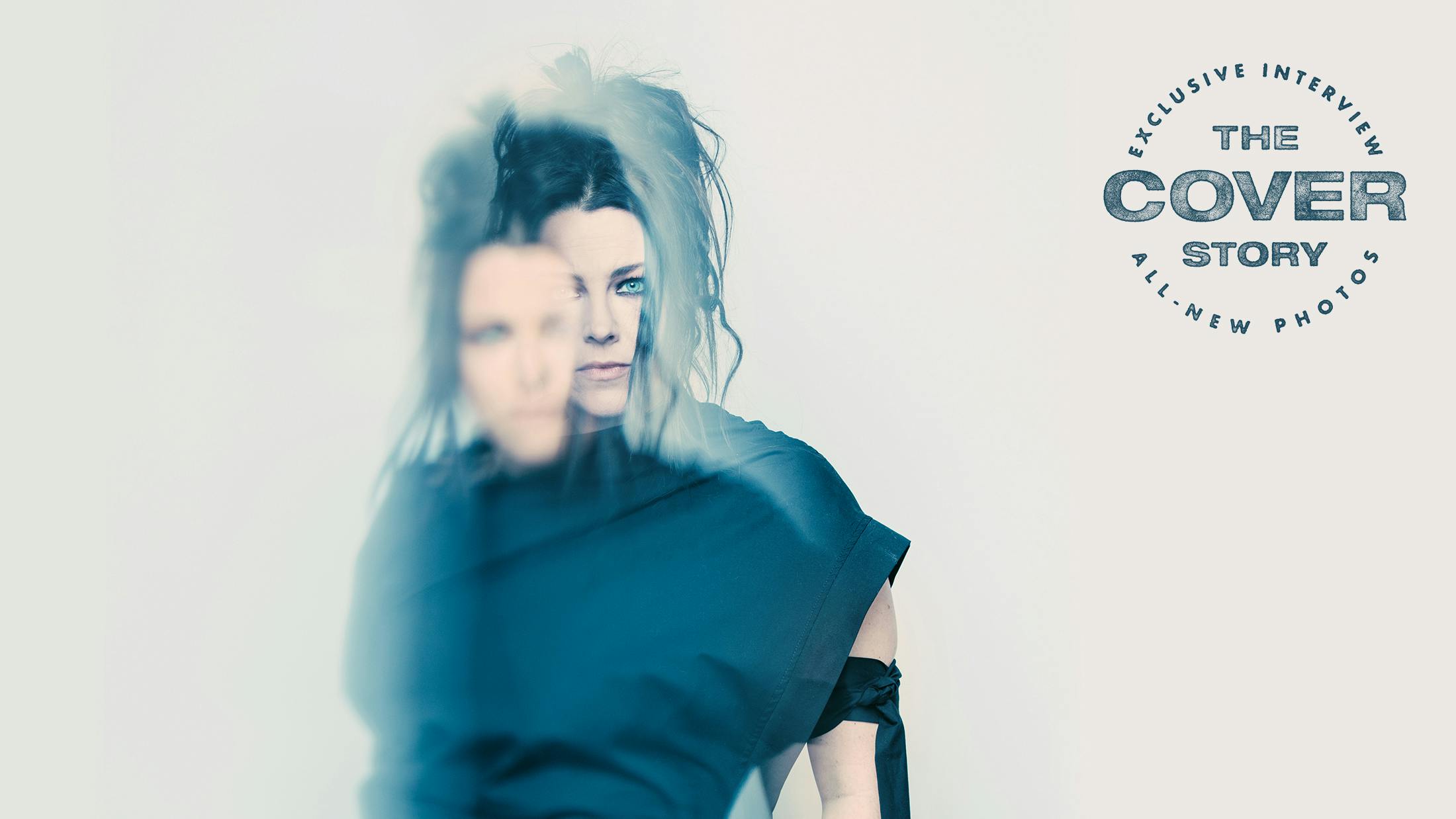Were the album to end on this note, it would make for a very different record. As stands, The Bitter Truth ends on a note not of doubt, but of hope with Blind Belief.
“I believe it’s in us as a human race to survive this time,” she says. “Absolutely, I believe we will get through this. But, of course, I don’t know for sure. Ending the album with Blind Belief was deliberate, particularly the line ‘love over all’, because that’s impossibly hard to say, especially when we’ve seen the evil that’s crept out of the dark corners in broad daylight in the last few years. Not that we’ve never seen that before, but it’s just been so in our face, especially as Americans. Even so, I believe we do need love over all. It should be simple, but it is complicated. The album is a journey through grief, among other things. The ending is reaching that seemingly impossible point of acceptance. Forgiveness, honour, remembrance and love over all. And when I come to the end of all those feelings – including the rage, the grief, all of that all mixed up – I feel released. I feel like I want to step into the future.”
About the future, then. It’s taken a year of hard work to end a decade of waiting for Evanescence fans. Not to get greedy, but when will it be acceptable to ask Amy about another album after this one?
“Ten years!” she says. “Just kidding. I mean, I already feel like I need to do something creative again.”
For now it’s time for the world to experience what Amy Lee did that night she pressed play on The Bitter Truth in her son’s tree house.
“We left nothing behind on this one, so I hope people like it,” she says. “And if they don’t? No regrets from me. I’ll tell you this: I put my whole self into it.”
Evanescence's The Bitter Truth is released on March 26 via Sony Music.
Click the button below to download your print-at-home Kerrang! cover, smartphone wallpapers and more.
